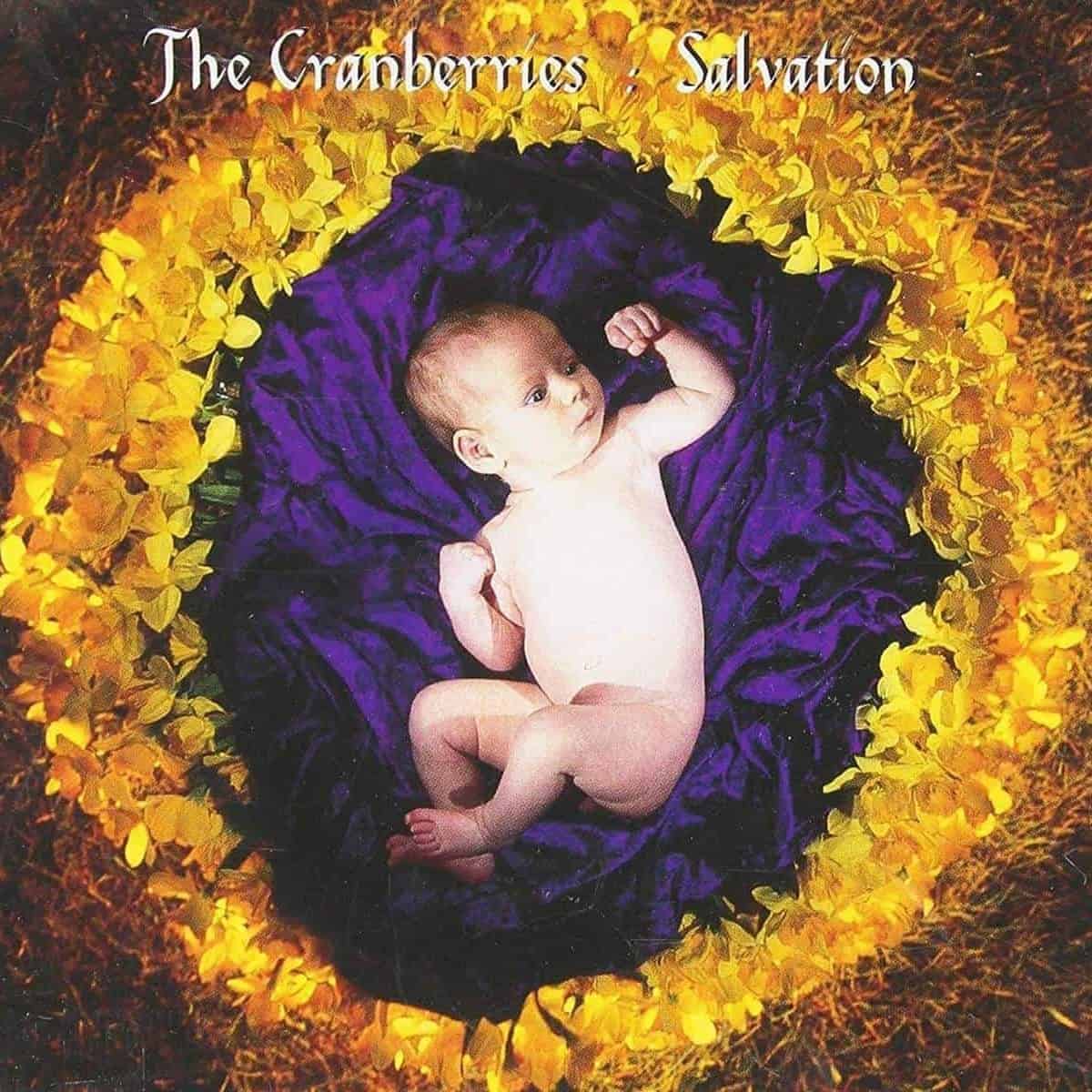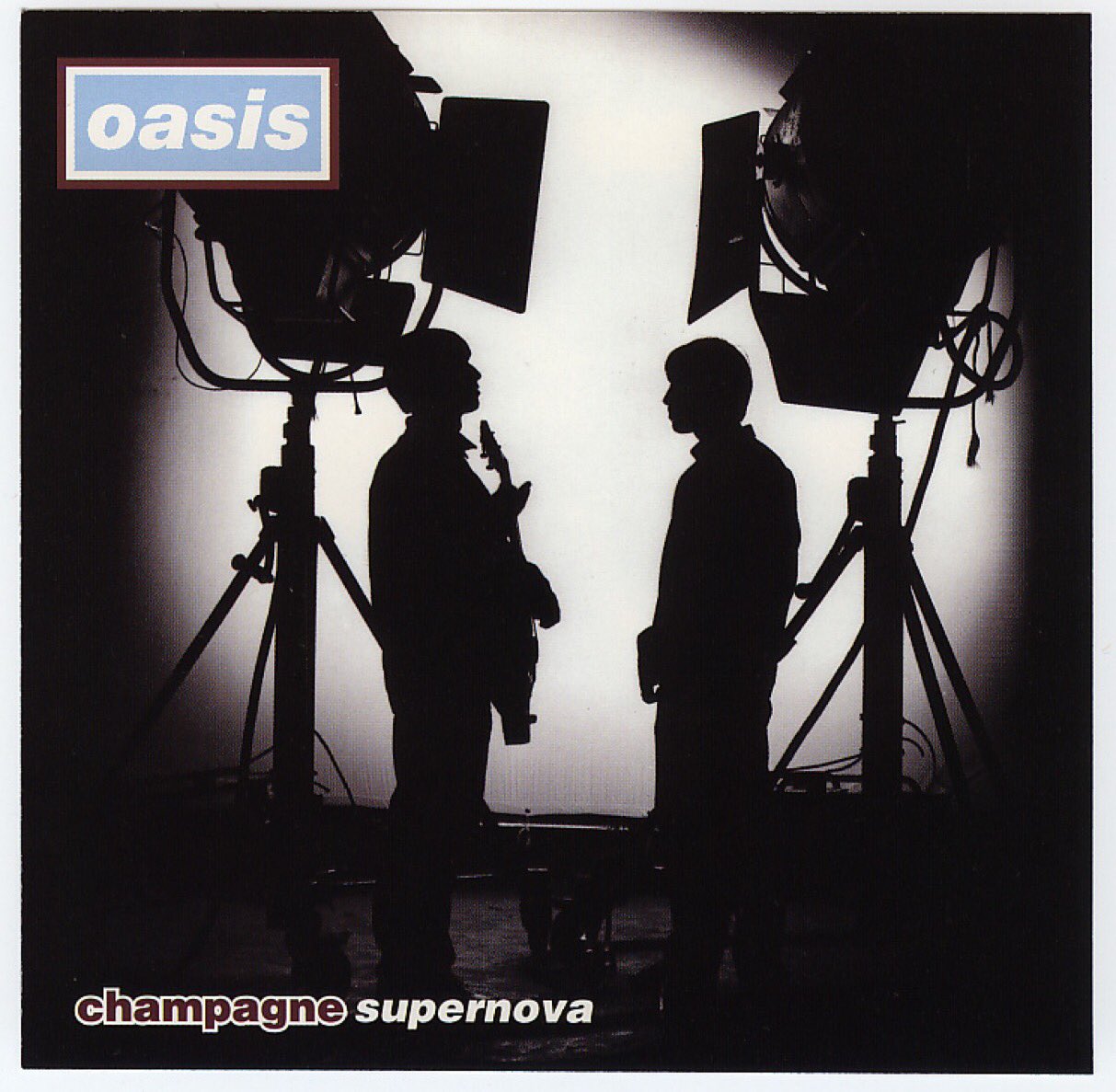February 3, 1968
- STAYED AT #1:1 Week
In The Number Ones, I'm reviewing every single #1 single in the history of the Billboard Hot 100, starting with the chart's beginning, in 1958, and working my way up into the present.
We might be able to pinpoint the one week that the Lemon Pipers' "Green Tambourine" spent at #1 as a historical inflection point: The moment that bubblegum pop started to take over for psychedelia. In the mid-'60s, the shaggy-haired young pop-music kids were making popular culture over in their own image, challenging norms and finding their own sense of aesthetics. But before long, record execs took those sounds, turned them into upbeat prefabricated assembly-line music targeted at teenagers and children, and literally called them bubblegum pop. All of which was awesome. Bubblegum pop fucking ruled.
Neil Bogart, the executive behind the Buddah label, fully embraced the "bubblegum pop" term, even though it almost immediately became a derogatory thing. With acts like 1910 Fruitgum Company and the Ohio Express, Bogart helped codify the subgenre's sound. And for a while, he was doing well. He'd marketed directly to children, putting cardboard records on the backs of cereal boxes. (Later on, Bogart went on to found Casablanca Records and sign Kiss, Parliament, Donna Summer, and Joan Jett. That guy was a top-shelf record-biz huckster.) And all of that starts with "Green Tambourine."
For a while, most of the bubblegum acts who blew up were regional garage rock bands who signed with big labels and allowed their sounds to be sweetened up. That's definitely the case for the Lemon Pipers, who were pretty much just an Ohio bar band before they signed with Buddah. (Before "Green Tambourine," their main claim to fame is that they'd lost to Joe Walsh's James Gang in a battle-of-the-bands final at the Cleveland Public Auditorium in 1967.)
Paul Leka, who was assigned to produce the Lemon Pipers after they signed, co-wrote "Green Tambourine" with his Brill Building writing partner Shelley Pinz. Pinz had seen a guy busking for change with a tambourine, and she'd written a poem about it, so they turned that poem into a song: "Drop your silver in my tambourine / Help a poor man fill a pretty dream." (Weirdly, this ended up being the second #1 single about a tambourine player, after the Byrds' version of "Mr. Tambourine Man." Who were all these people who were so good at playing fucking tambourine?)
"Green Tambourine" really doesn't sound much different from standard-issue psych-pop. It's got sitars and strings and echo all over the vocals and, yes, a tambourine. But more importantly, it has a beat. There's a driving push-pull to the song that gets even stronger when it hits its coda. The song is messy and even weirdly lo-fi, but that beat holds it all together. "Green Tambourine" is a dumb and simple song, but pop music can take those things and turn them into virtues, as long as there's a beat like that one under it. The people at Buddah would hone the bubblegum formula as they took it further and further away from garage rock and psychedelia, but it starts here.
The members of the Lemon Pipers weren't too comfortable being made over into a bubblegum act; they wanted to make sophisticated psych-rock. None of their successive singles really hit, and they got into royalty disputes with the label. They left Buddah in 1968 and broke up soon afterward. Three former Lemon Pipers later formed a band called Starstruck and recorded a funky rock version of the old blues traditional "Black Betty." Starstruck then evolved into Ram Jam, led by the former Lemon Pipers guitarist Bill Bartlett. The former bubblegum impresarios Jerry Kasenetz and Jeff Katz reworked Starstruck's version of "Black Betty" and turned it into an utterly badass disco-rock jam that reached #18 in 1977. These days, thanks to movie soundtracks and to the fact that it's a much better song, we remember "Black Betty" way better than "Green Tambourine."
GRADE: 6/10
BONUS BEATS: There's a moment in season one of Fargo where Lee Malvo, the ice-veined mass murderer played by Billy Bob Thornton, puts on "Green Tambourine" at a party. But that one's not on YouTube, so here's a video of Tripping Daisy, the '90s psych-rock hitmakers led by future Polyphonic Spree frontman Tim DeLaughter, covering "Green Tambourine" at what looks like a really fun Dallas club show:






